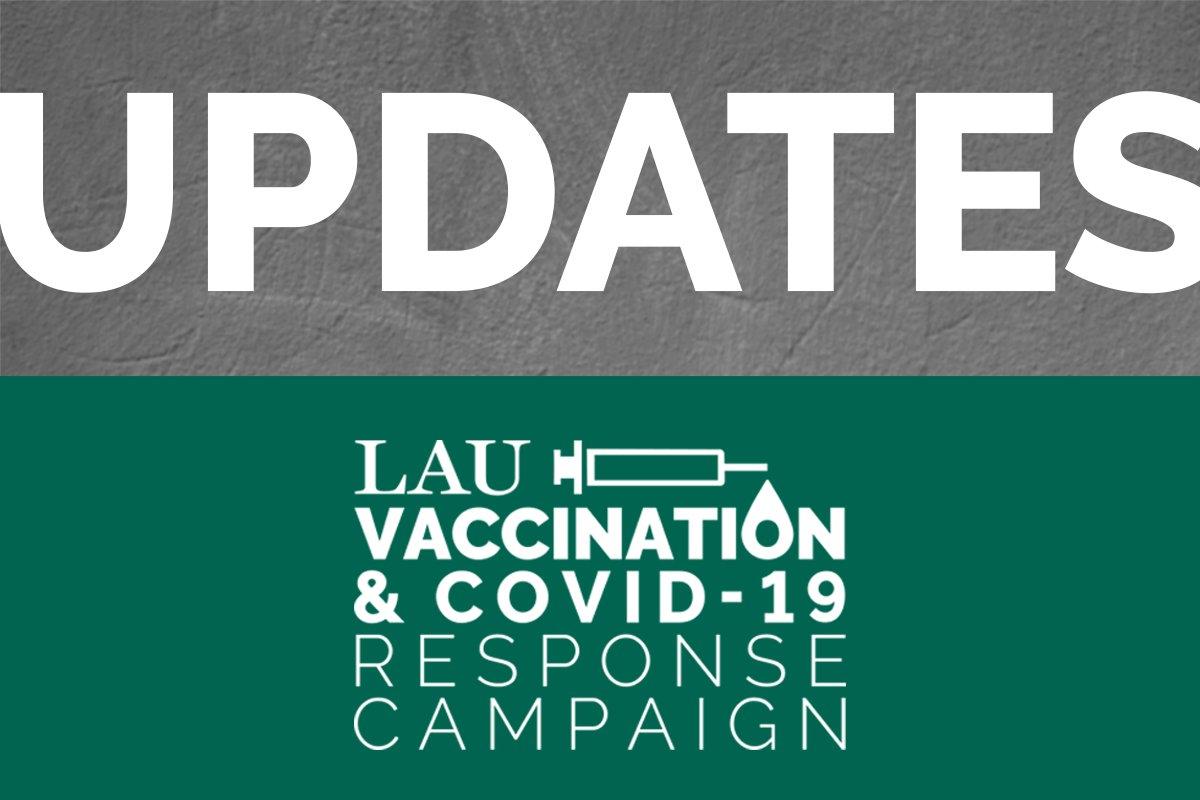COVID-19 Vaccine: Fact vs Fiction – Part IV
Widespread immunization has to be stepped up before new variants emerge that may be resistant to the vaccines, warns Dr. Jacques Mokhbat.
LAU’s Clinical Professor in the Division of Infectious Diseases and Chair of the Department of Internal Medicine Jacques Mokhbat explains what had helped to expedite the production of the COVID-19 vaccines and answers common questions about the efficacy of vaccines on variants, and whether people with chronic medical conditions should be immunized.
How was the COVID-19 vaccine produced so quickly when vaccines usually take years to develop?
Vaccines did in fact used to take years to develop and test. But now that we have advanced technologies in the study and production of vaccines, this is no longer the case. Breakthrough technology in the past 20 to 30 years and experiments with SARS-CoV-1, Zika, MERS, and Ebola have all helped to expedite the production of the COVID-19 vaccine.
Other factors that have fast-tracked research and production were the scientists’ ability to identify the genetic composition, or genetic sequencing, of the virus as early as January 2020; the availability of a vast number of people infected or exposed to the virus, which saved time in clinical trials; and lastly, given the short duration of the infection, the possibility to establish relatively quickly the effectiveness of the vaccine.
Will the vaccines be effective against all current and future strains?
It is too early to tell, although some of the vaccines have proven to be effective against the South African and British variants. But because the virus is constantly mutating, the longer we take to vaccinate the higher the risk of new variants developing that are resistant to the current vaccines. Should the vaccines prove ineffective against certain strains down the line, companies will need to revise their composition for booster shots. It will probably take us four to five years of booster shots to ensure continuous and even herd immunity.
Is the vaccine recommended for those with pre-existing or chronic conditions?
Patients with underlying medical conditions, such as heart problems, cancer, diabetes and so on are more susceptible to severe COVID-19, which is all the more reason why they should be vaccinated. The only exception would be those who are prone to a severe allergy, or anaphylactic shock, to a component of the vaccine.
In the case of immunosuppressed individuals, there is a chance that the vaccine will not give them the same level of, or sufficient, immunity but it will not harm them in any way. I must stress that people around the immunosuppressed should be vaccinated to create a wall of protection.
Should those who have contracted COVID-19 be vaccinated?
Those who have been infected with COVID-19 will develop a certain level of immunity for up to about three months, after which they can get vaccinated. Where immunity remains high, some might only require one dose.
Can pregnant women be vaccinated?
There have not been sufficient studies on pregnant women since they are usually excluded from clinical trials. But so far, there has been no evident effect on the newborn. It is entirely a personal decision: if a pregnant woman feels it is necessary or that she is at risk of exposure, she should first consult her doctor.
This interview has been edited and condensed for the sake of clarity.
